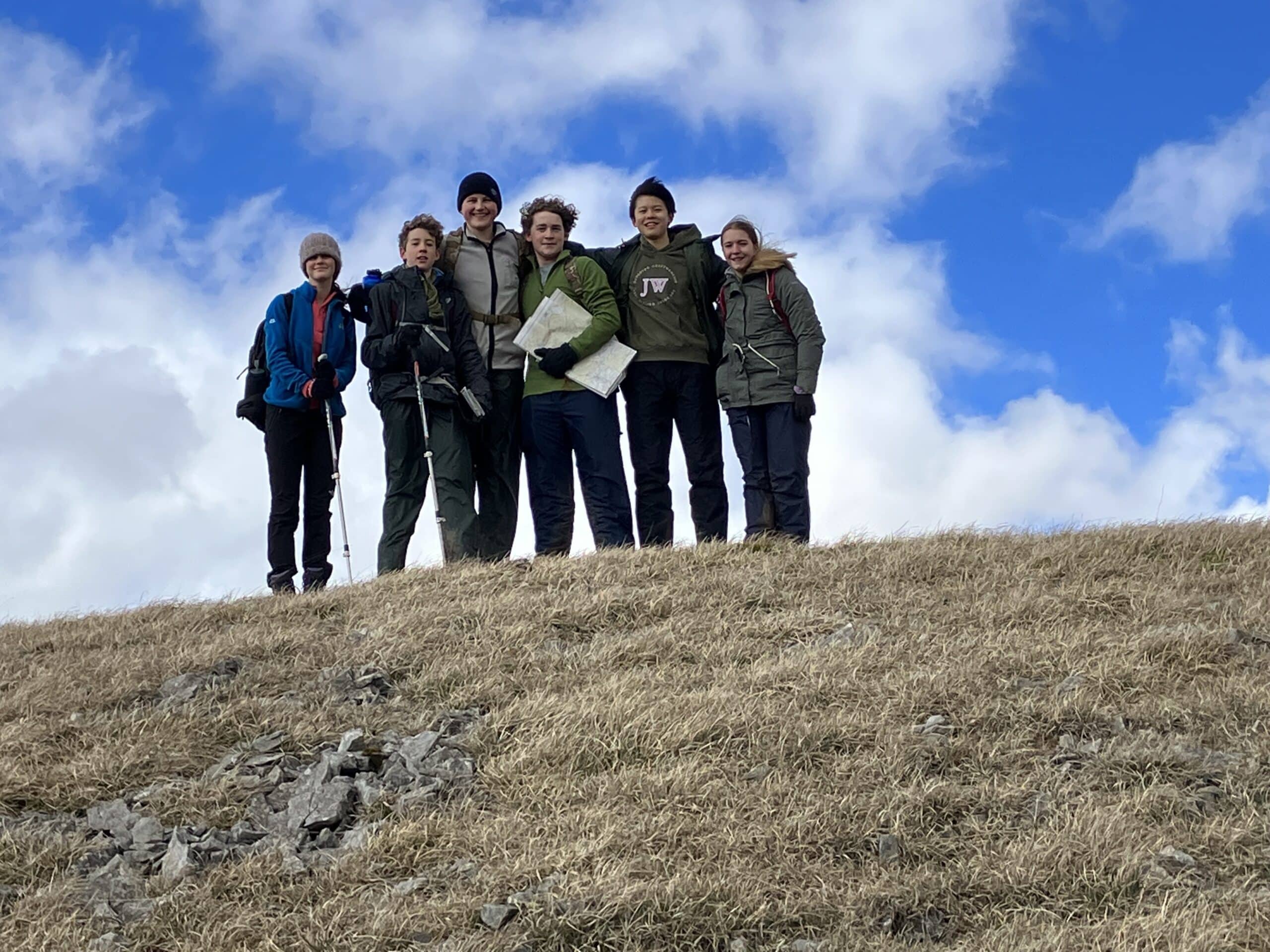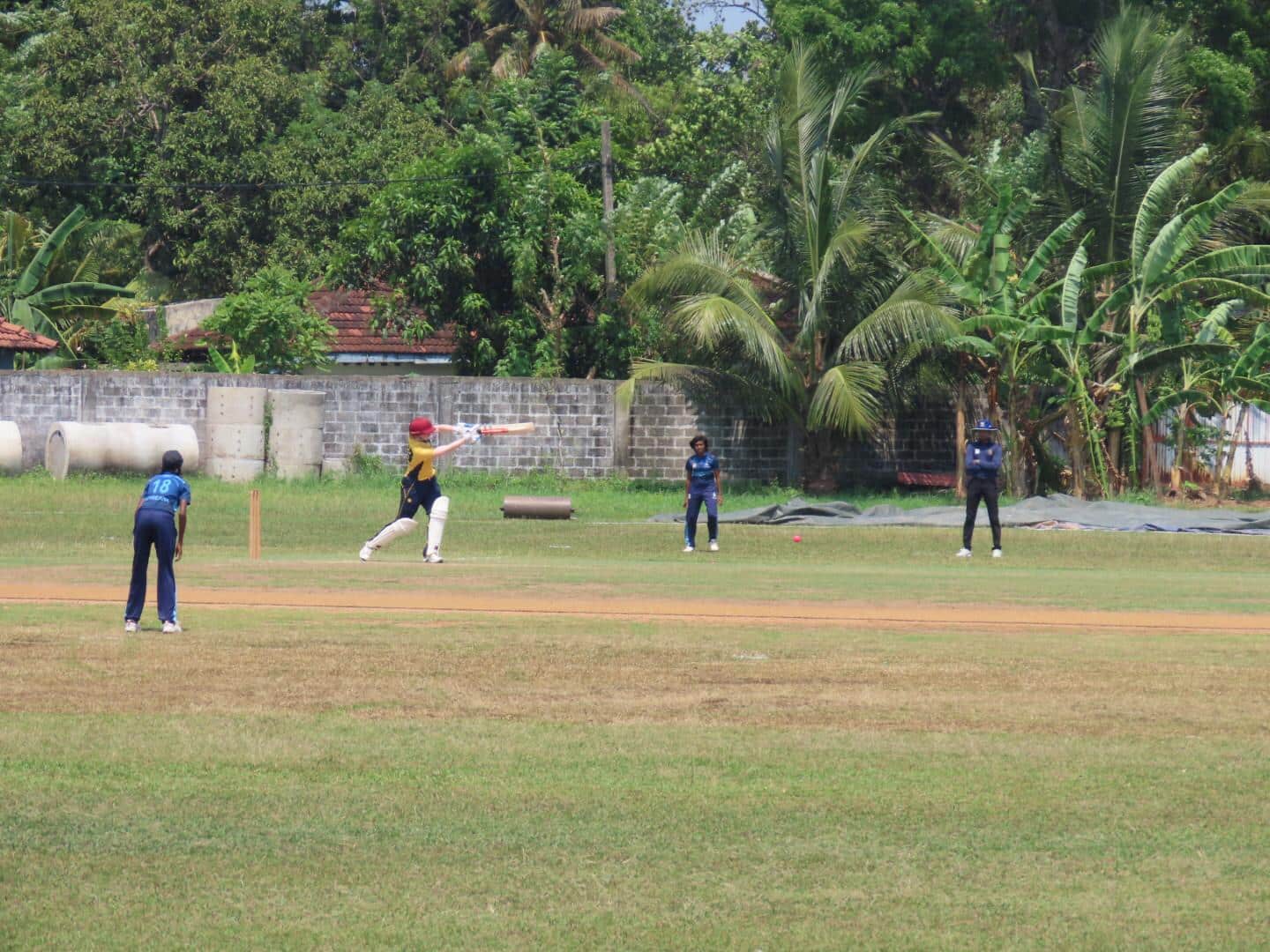An audience, swollen by intrepid and curious members of the Lower School, welcomed Dr Nick Plant (Reader in Molecular Toxicology, University of Surrey) to the first of this term’s Purvis talks on Thursday February 7th. Unhindered (or supported) by notes and only occasionally deferring to his PowerPoint slides,  Dr Plant held the audience in the palm of his hand for a fascinating forty minutes and then fielded a variety of questions from the floor. His topic: “Designer drugs and designer people: How do you know what’s good for you?”
Dr Plant held the audience in the palm of his hand for a fascinating forty minutes and then fielded a variety of questions from the floor. His topic: “Designer drugs and designer people: How do you know what’s good for you?”
His talk was well constructed and he started with a personal hero, Dr Frances Kelsey, who joined the Federal Drug Administration in the USA in 1960 and, by 1962 was a recipient of the President’s Award for outstanding service, awarded in this case by John F. Kennedy. Her achievement? To demand proof that thalidomide, however well it might deal with symptoms of stress and nausea, was safe to use in the case of morning sickness. The rest of the story, as they say, is history. Dr Kelsey was unconvinced by the drug company’s own publicity and her personal alarm bells were ringing soon after she took on her new role. There is no doubt that, had she not had the courage to step in, the 10,000 or so affected children, spread over 46 countries, could have been thousands more; she saved immeasurable heartache and distress and the spin-off from this is that she changed the face of drug legislation and testing for ever.
Dr Plant went on to question whether all poisons are bad and took a long look at the strychnine alkaloids which usually have a fatal effect by targeting neurotransmitter receptor proteins in the synapse. Muscle spasm and death from asphyxia are the usual rapid (and painful) results. He wondered if Alexander the Great was a victim of this molecule. Strychnine is easily prepared from a Mediterranean plant (clearly illustrated but not, thankfully, grown in the UK); it was certainly possible that young Alexander was, indeed, murdered. The strychnine story then moved to Tom Hicks, who was the overall winner of the 1904 St Louis Olympic marathon (a Frenchman crossed the line first but he had hitched a ride for several miles so was disqualified!). Before the days of performance-enhancing drugs, Tom was helped through his pain and exhaustion with snifters of brandy and two doses of chocolate-covered strychnine which induced muscle spasms in his legs, enabling him to continue running… Examination of the event now shows us that a third dose could well have killed him. Apparently strychnine was in use as a stimulant… but only in low doses.
He began to wind up his presentation by suggesting that toxicology is the science of poisons and that, through it we protect humans and the environment by making safer and better drugs. The final hero was cited as Paracelsus (1493 – 1541) who said “All things are poison, nothing is without poison; only the dose permits something not to be poisonous.”
An intelligent question-and-answer session followed: questions ranged from “How do you test thalidomide, or any other drug come to that, for foetal effects?” to “How can a computer model predict toxicity?” I think it is true to say the audience departed feeling refreshed and stimulated and extremely grateful to Dr Plant for a most engaging presentation. Twelve members of the Upper VIth then joined Dr Plant for a formal dinner in Hall, and our thanks go to John Smith and his superb catering team.
JCEM
Back to all news











